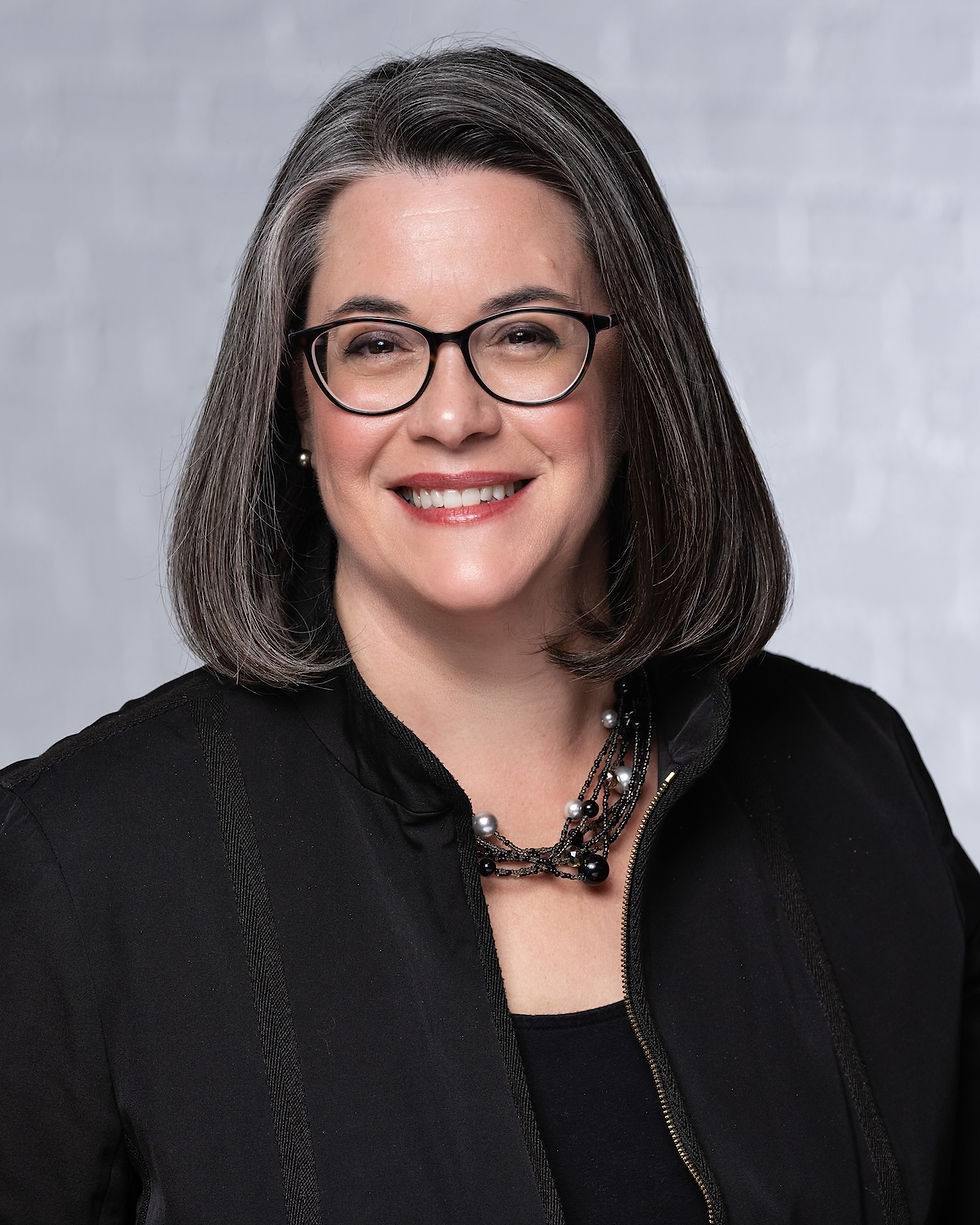Interview with Founder Andrew Feiler
- peteringram1
- Oct 24, 2021
- 3 min read

Have you ever wondered how CCT got started back in 1990? Well, the initiator of our organization was a Stanford MBA alumnus, Andrew Feiler. As you will see, he is a thoughtful man of many talents.
CCT Is Born - the Spark Andrew had attended Stanford because of the strong public management program; he was also aware of an entrepreneurial streak in his aspirations. After graduation, he was involved with a group of Stanford alums in San Francisco who were doing some pro bono consulting for nonprofits. When Andrew moved to Boston with the Boston Consulting Group, he further witnessed through the firm’s pro bono work that a few bright individuals could bring critical insights to help a nonprofit client organization improve its effectiveness. However, the pro bono work conducted by firms like BCG, McKinsey and Bain tended to focus on larger nonprofits. He imagined that these same resources could have an amazing impact if directed towards smaller nonprofits that did not attract “big consulting” support. This realization was the spark that started CCT. His next step was to call the Dean of the Stanford Public Management program to bounce his “crazy” idea. The Dean was encouraging but adamantly advised him to bring in others to help him. She saw that he would have conflict between launching this new enterprise while holding on to his day job; this conflict would be a major obstacle to success. So, in the early days, he rallied some support including colleagues from BCG, Barbara deButts (the wife of a BCG colleague), and Carolyn McGuire.
CCT’s First Client One day, while listening to WBUR, Andrew heard an interview with the Executive Director of a local nonprofit, Jobs for Youth. The organization ran a pre-employment boot camp for young people to prepare them for job interviews: how to answer interview questions, appropriate dress, etiquette, etc. Andrew called the Executive Director to ask if he needed help. The answer was an emphatic “yes.” So, the first project was launched in the spring of 1990, and it was a success. In the fall, Andrew decided to take on three more projects. That’s when Carolyn McGuire became involved. “Carolyn was a team leader in our second round of projects. She did a great job, had a great experience, and quickly stepped up to help build CCT into the successful and enduring organization that it has become.”
Nonprofit Consulting It was decided early on that CCT would serve smaller nonprofit clients that would not otherwise have the benefit of consulting resources. Andrew explains that Boston Consulting Group (BCG) serves large companies with extremely complex problems and challenging implementation. On the other hand, CCT’s smaller nonprofit clients could benefit enormously from simpler, more straight-forward ideas. Implementation would be less complex. Andrew points out that these “projects can have a profound impact in short order. Volunteers can quickly see the difference that they have made.”
Recruiting Volunteers Andrew was the Stanford representative for Boston Business Clubs which linked eight top business schools in Boston and coordinated alumni activities. He asked them if they would spread the word for volunteers through a flyer that he provided.
Andrew after CCT Boston In 1995, Andrew moved to Atlanta to open the BCG office there. While in Atlanta, he followed the same model to found the Atlanta CCT. Three projects were launched in Atlanta in the fall of 1995, and CCT Atlanta is still thriving. Andrew left BCG in 1997 to launch a start up. Regarding CCT Atlanta, by 2000, he felt that there were enough experienced people to take the reins. He decided, instead, to direct his nonprofit efforts at the board level with other nonprofits of personal interest so that he could focus on their strategic planning processes. He currently serves on four boards in the areas of conservation, arts, and social services. Andrew is a complex man with a complex life. He runs a family real estate business, consults, and has been involved in publishing his first photography book this fall titled Without Regard to Sex, Race, or Color. The book features photographs of an abandoned college campus. He states that education has been the backbone of the American dream, and this value is now at risk. At CCT, our educational credentials are our common bond, and we can well contemplate Andrew’s message.
In conclusion, at CCT we must thank you, Andrew, for breathing life into CCT, an idea for good.




Comments